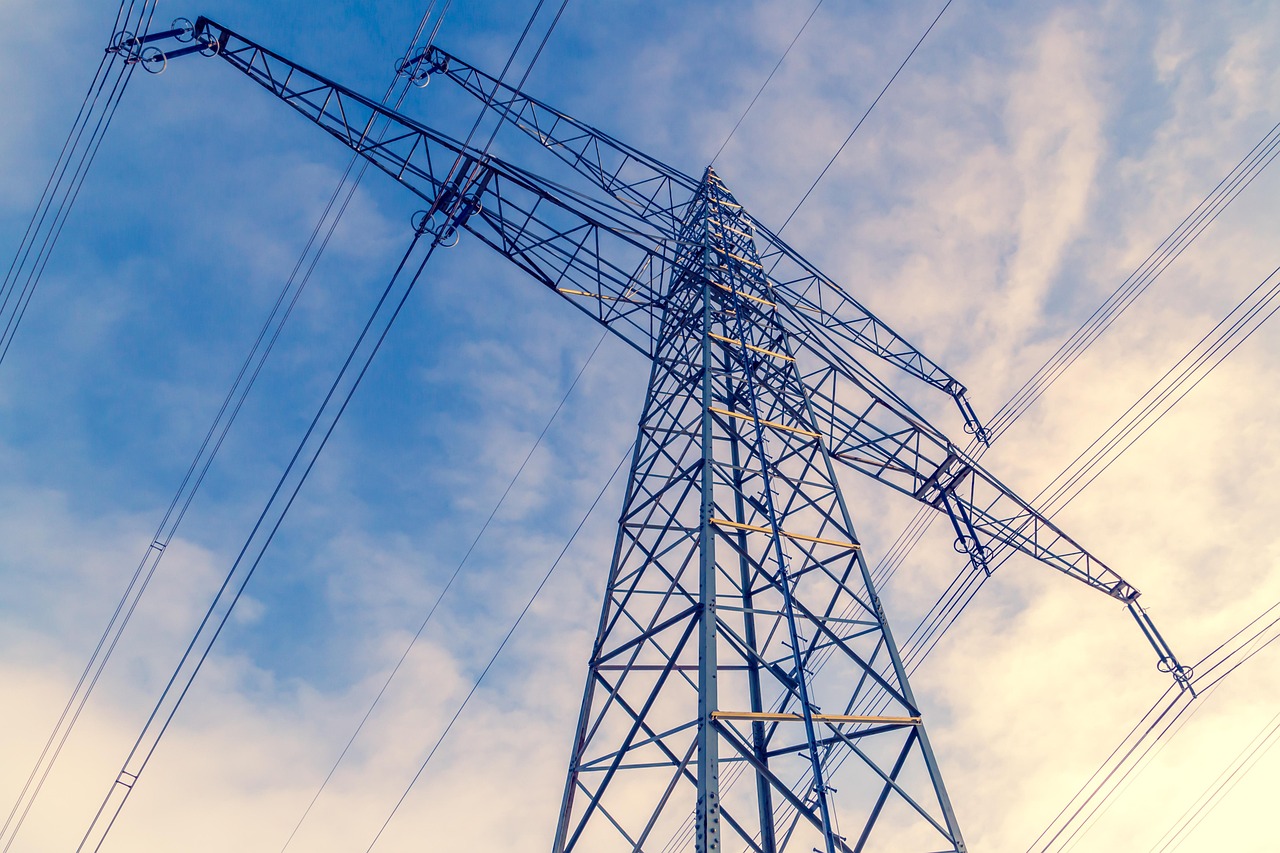The recently adopted solar package in Germany has brought negative electricity prices back into the public eye. We explain how they arise, what problems are associated with them and how companies benefit from negative electricity prices.
Efficiency optimization describes the systematic process of using energy and other resources in such a way that losses are minimized and savings potential are maximized – without impairing performance. The aim is to permanently reduce energy consumption, reduce operating costs and at the same time reduce environmental impact. In industrial environments in particular, the optimization of existing processes through digital technologies is becoming increasingly important.
Energy efficiency is a measure of how much energy is required for a specific output. The less energy a device, plant, or building uses to achieve the same benefits, the higher its energy efficiency.
Examples:
Energy efficiency is therefore a central element of any efficiency optimization – and an important component of the energy transition.
Although the terms are often used interchangeably, there is a clear difference
Energy efficiency measures are specific technical, organizational or behavioral steps that can be taken to improve energy efficiency. They range from the modernization of outdated systems to the intelligent control of loads and changes in user behavior.
In the commercial and industrial sector in particular, digital systems are gaining in importance, which can identify optimization potential based on real-time data and automatically implement measures to increase efficiency. Energy efficiency for companies not only means lower operating costs, but also greater supply security and more transparency in energy consumption.
A specific example of an energy efficiency measure is the use of a intelligent energy management in industry:
Such systems enable predictive and data-based efficiency optimization without affecting operational processes.
Efficiency optimization not only lowers energy costs in the long term, but also strengthens supply security and competitiveness. It is increasingly becoming a strategic lever for companies – especially in times of volatile energy prices and ambitious climate goals.
Digital technologies in particular open up new potential: With the help of data analyzes, intelligent control systems and automated load distribution, major efficiency gains can be achieved – as the German Federal Ministry of Economics and Climate Protection in a focus study on digitization and energy efficiency emphasizes.
Intelligent energy management thus becomes the basis for a sustainable energy future.

The recently adopted solar package in Germany has brought negative electricity prices back into the public eye. We explain how they arise, what problems are associated with them and how companies benefit from negative electricity prices.

In a changing energy system, the ability to store and control energy is increasingly becoming a competitive advantage - especially for industrial companies. But this does not always require classic battery storage systems. Companies can store electricity without batteries - by intelligently utilizing existing systems and processes.

Rising price fluctuations are a reality and will continue to increase. For industrial companies, they open up opportunities: those who react flexibly reduce costs and gain a competitive advantage.